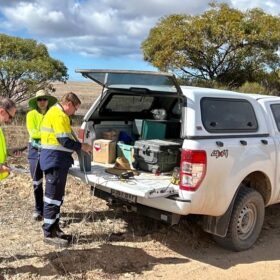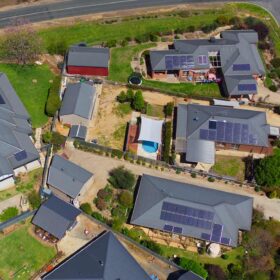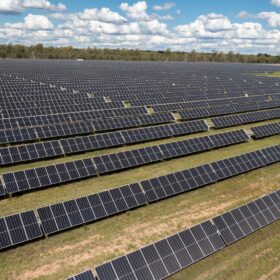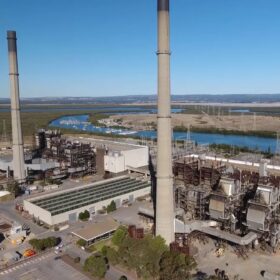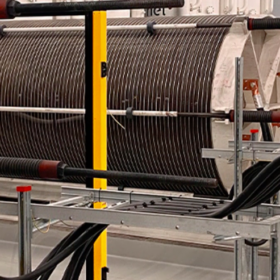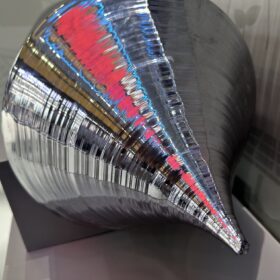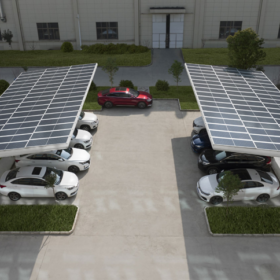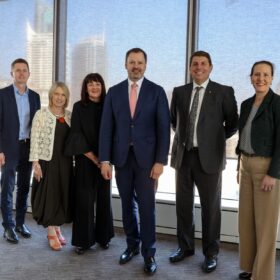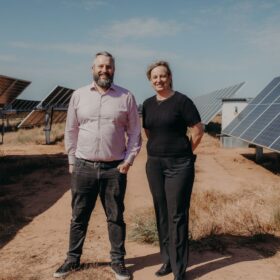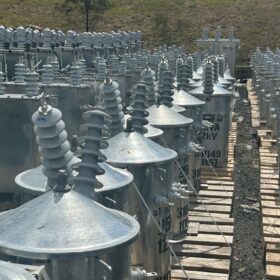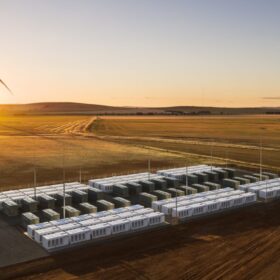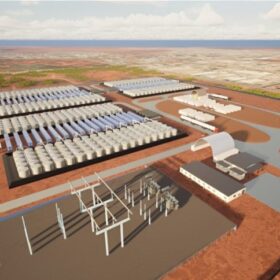Natural hydrogen hopeful looks to space to accelerate ambitions
West Australian natural hydrogen startup H2EX will work with Adelaide-headquartered space exploration company Fleet Space Technologies to accelerate the discovery of naturally occurring hydrogen systems in South Australia’s Eyre Peninsula.
Renewables surge to record share in NEM
The share of renewables in Australia’s main electricity grid has reached a new high, with rooftop and grid-scale solar, wind and hydro combining to deliver more than 70% of the total underlying demand on Wednesday.
BHP signs renewable PPA for Queensland coal mines
Australia’s biggest coal miner has inked a major renewable energy deal that will utilise solar, wind and pumped hydro to provide about half the forecasted electricity demand of its central Queensland operations.
AGL awards demolition contact for Torrens Island gas power plant
One month after formally opening its first operational grid-scale battery at the Torrens Island power station site in South Australia, AGL has confirmed that next month it will begin demolishing the adjacent gas-fired Torrens ‘A’ power plant.
World’s first green hydrogen plant to heat steel
Hitachi Energy has delivered a modular solution to electrify a 20 MW electrolyser to produce hydrogen to heat steel before rolling, while Enapter has unveiled its AEM electrolysers for industrial and refuelling pilot projects.
Indian scientists making high-purity polysilicon ingots from recyled PV cells
Indian scientists have produced high-purity polysilicon ingots from recycled solar cells using “spark plasma sintering” (SPS), and claim they may achieve a purity level comparable to commercially available products.
GoodWe launches specialised carport solar panel in Australian market
Chinese company GoodWe will now be offering specialised carport solar panels to the Australian market, which it says are designed to overcome issues around water drainage and wiring.
First $5 billion transferred to manufacturing fund, proposals so far dominated by renewables
Australia’s National Reconstruction Fund is up and running, with the federal government transferring the first $5 billion (USD 3.26 billion). The fund has already received around 100 proposals, with climate ventures and advanced technology reportedly dominating.
Solar farm connects in NSW Riverina
Mytilineos’ 75 MW Wyalong Solar Farm in the New South Wales Riverina region has now begun feeding into the grid, with almost two thirds of its generation contracted to NBN Australia, the national broadband network.
How long do residential solar batteries last?
Multiple factors affect the lifespan of residential battery energy storage systems. We look at the lifespans of batteries in the third part of this series.
